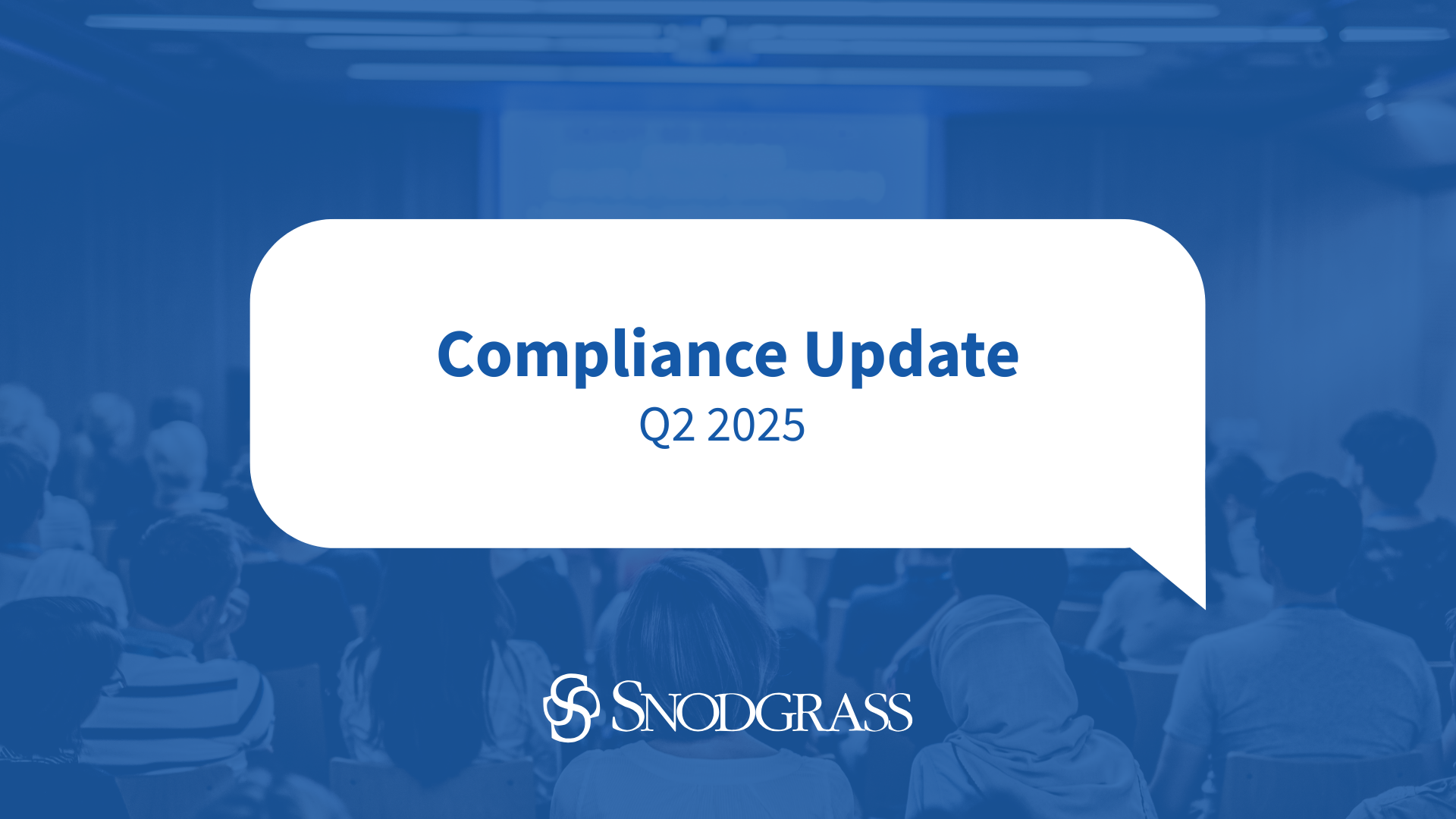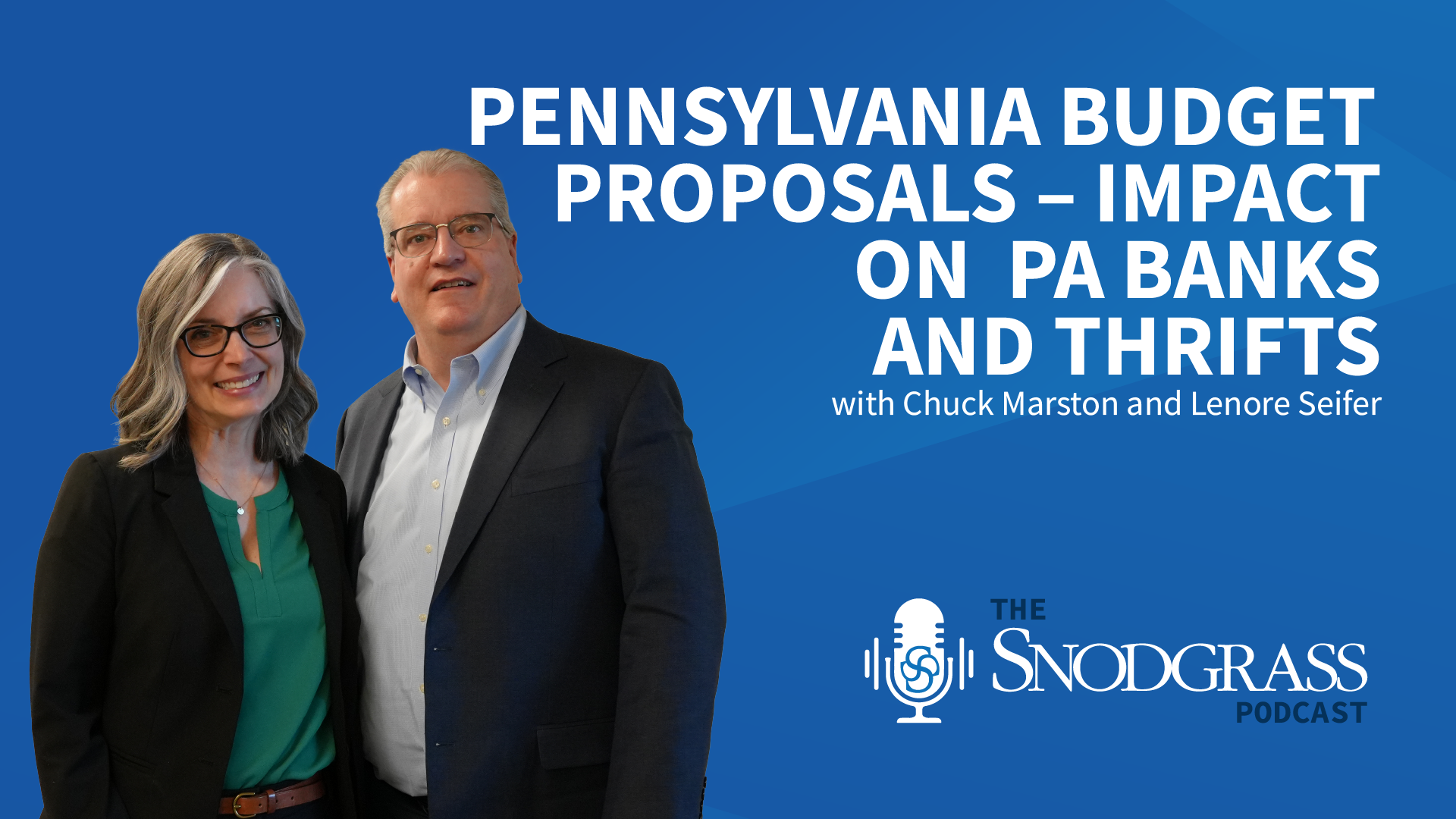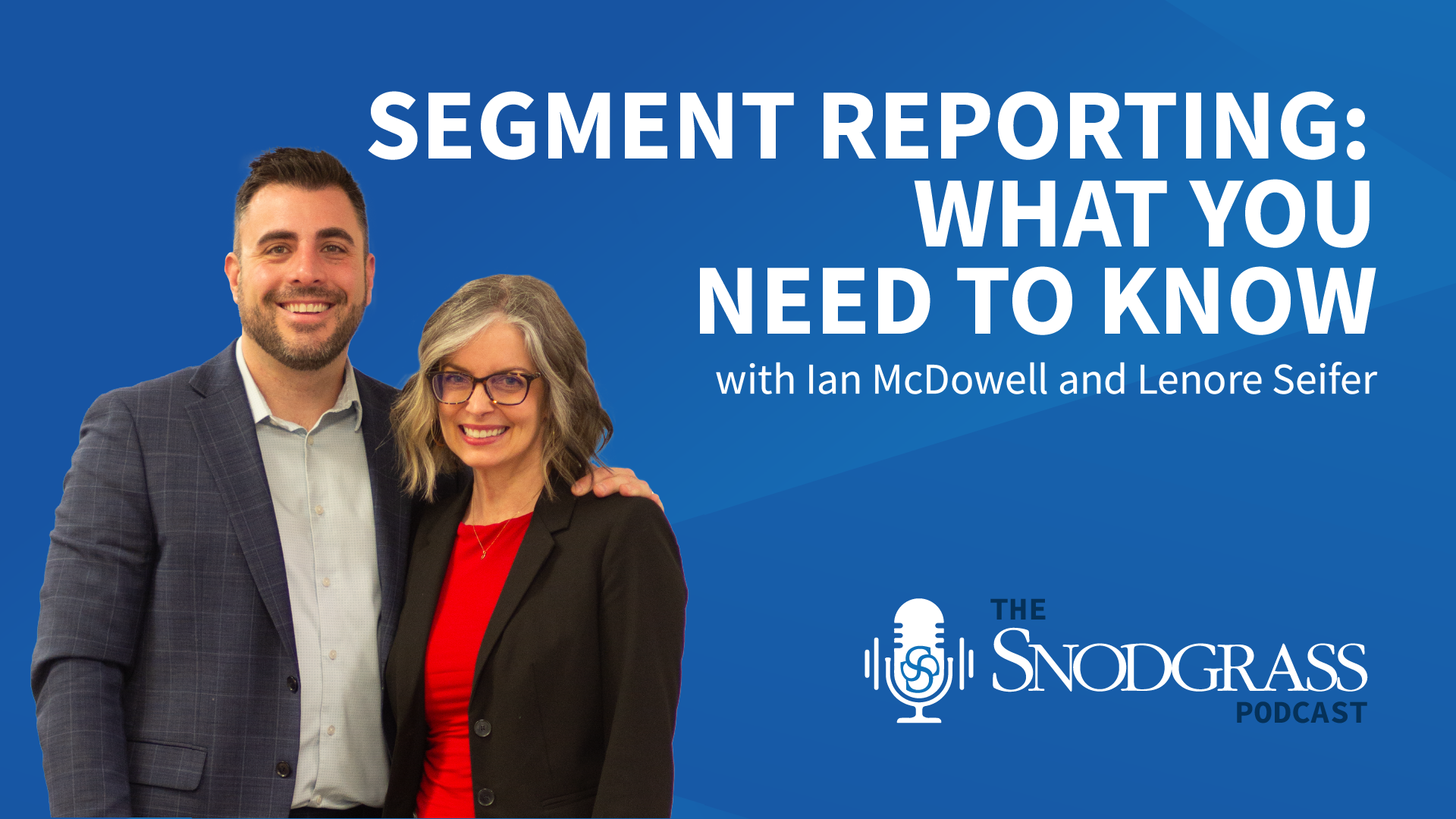Consolidated Appropriations Act, 2021, Passed – Provides COVID Relief and Other Tax Benefits
The Consolidated Appropriations Act, 2021 (“Act”) was signed into law on December 27, 2020. The Act, while providing for the funding of the federal government, also includes the extension of several provisions of the Coronavirus Aid, Relief, and Economic Security Act (CARES Act), a second round of the Paycheck Protection Program (PPP), and new tax benefits. The Act is a major piece of legislation, and this Tax Update provides a general overview of the most significant items having an impact on taxes and is not intended to include a description of all the provisions of the Act.
Individual Stimulus Payments
The Act provides for a direct payment to taxpayers like the payments previously provided in the CARES Act. This time, the payments are $600 per taxpayer ($1,200 for married taxpayers filing jointly) as well as $600 per qualifying child. The payment is a credit against 2020 taxes (just as the CARES Act payments were) and begins to phase out for individuals with adjusted gross income in 2019 in excess of $75,000 ($150,000 for joint filers).
Business Meals Tax Deduction
The Act includes a temporary provision allowing for a 100 percent deduction (up from 50 percent) for business expenses for meals and beverages provided by a restaurant. This 100 percent deduction applies to the period January 1, 2021, to December 31, 2022.
PPP Funded Expenses – Tax Deductible
The Act clarifies that tax deductions related to expenses funded by PPP-forgiven loans are tax deductible and that the tax basis and other attributes of the borrower’s assets are not to be reduced as a result of loan forgiveness. At this time, it is unknown how each state may deal with this issue and it is possible that while these expenses can be deducted for federal tax purposes, they may not be deductible for state taxes.
Charitable Contribution Deduction
The CARES Act included temporary increases to the allowable charitable contribution deduction for both individual taxpayers and corporations for 2020. The change for individuals increased the contribution base limitation from 60 percent to 100 percent. The corporate charitable contribution change was to increase the percentage limitation from 10 percent of adjusted taxable income to 25 percent. These changes have both been extended by the Act to 2021.
The Act also extends the $300 above-the-line charitable contribution deduction for individuals to 2021.
Employee Payroll Tax Deferral
A presidential memorandum in August allowed employers to defer payment of their employee’s share of payroll taxes for the period from September 1, 2020, through December 31, 2020. The deferred payment was to be made with increased employee withholdings for the period January 1, 2021, to April 30, 2021. The Act extends the payback period to December 31, 2021.
Teacher Expenses
The Act provides that personal protective equipment and other COVID-19-related supplies qualify for the above-the-line educator expense deduction.
Retirement Plan Distributions
The CARES Act waived the 10 percent additional tax for any qualified coronavirus-related distributions from a retirement plan and allows for a three-year span to include the distribution in taxable income. The Act clarifies that, for a money-purchase pension plan, a coronavirus-related distribution that is an in-service withdrawal will be considered a qualified distribution.
Employee Retention Credit
The employee retention credit (ERC) is extended by the Act to apply to compensation paid to covered employees through June 30, 2021. The Act also allows PPP borrowers to claim the ERC, although not with the same wages. The Act makes other changes, generally beneficial to taxpayers, in the calculation of the ERC.
Paid Sick and Family Leave Credits
The employer credit for paid sick and family leave, created by the Families First Coronavirus Response Act, has been extended by the Act to March 31, 2021.
Health and Dependent Care Flexible Spending Arrangements
The Act provides several optional changes to flexible spending arrangements (FSAs). These changes include allowing taxpayers to roll over unused amounts in health and dependent care FSAs from 2020 to 2021 and from 2021 to 2022. The Act also allows employees to make a 2021 mid-year prospective change in contribution amounts without a change in status. The grace period for unused FSA benefits can also be extended under the Act to 12 months after the plan year for plan years ending in 2020 or 2021. All of the changes provided by the Act are optional, not required.
Second Round of PPP Loans
The Act allows eligible borrowers to receive a PPP loan under this second round of loans. The rules for this second round of PPP loans are different in many ways from the rules related to previous PPP loans. One difference is that to qualify as an eligible borrower for this second PPP loan, a borrower must: (1) employ no more than 300 employees; and (2) demonstrate at least a 25 percent reduction in gross receipts in any quarter of 2020 compared to the same 2019 quarter. This round of loans is also capped at $2 million per borrower. The loan amount is calculated in a similar way as the original PPP loans; however, certain entities with an NAICS code beginning with 72 (in general, hotels and restaurants) can borrow up to 3.5 times their average monthly payroll costs, but the loan is still limited to a maximum of $2 million.
Changes to Permitted Use of PPP Loans and Covered Period
The Act expands the allowed use (for forgiveness) of PPP loan proceeds to include not only payroll and covered utilities/rent payments, but also: (1) payments for covered operation expenses such as payments for software, cloud computing, and other human resources and accounting needs; (2) covered property damage costs, such as costs related to damage and vandalism or looting not covered by insurance; (3) covered supplier costs, such as costs pursuant to a contract in effect prior to the PPP loan-covered period and that are essential to the current operations of the entity; and (4) covered expenditures for personal protective and other equipment needed to comply with federal guidelines related to the COVID-19 pandemic for certain periods.
The Act also allows PPP borrowers to select any covered period between 8 weeks after loan origination and 24 weeks after loan origination in length. This is a change from the previous covered period, which had to be either 24 weeks or 8 weeks.
Other PPP Changes
The $10,000 Economic Injury Disaster Loan advances provided by the Small Business Administration will no longer reduce the amount of PPP loan forgiveness.
The Act clarifies that employer-provided group insurance benefits other than healthcare benefits, such as group life, dental, vision, or disability, are considered forgivable payroll costs.
PPP loans up to $150,000 will be forgiven in full if the borrower provides a simple one-page certification providing minimal information and agrees to retain relevant records for a period of up to four years.
Tax Extenders
The Act extends many tax breaks that were due to expire. These extensions include, among others:
- The 7.5 percent of adjusted gross income floor for medical and dental expenses deduction (permanent)
- The 179D energy efficient commercial buildings deduction (permanent, with modifications)
- The New Markets Tax Credit (through 2025)
- The Work Opportunity Tax Credit (through 2025)
- The exclusion for discharge of qualified principal residence debt (with modifications through 2025)
- The credit for paid family and medical leave (through 2025)
- The exclusion from income of certain employer payments of student loans (through 2025)
- The treatment of mortgage insurance premiums as qualified residence interest (through 2021)
If you wish to discuss any of the matters in this update in more detail, please contact Chuck Marston, Rich Pacella, or Danelle Stewart at cmarston@srsnodgrass.com, rpacella@srsnodgrass.com, or dstewart@srsnodgrass.com or 724-934-0344.
Posted 1/5/21



